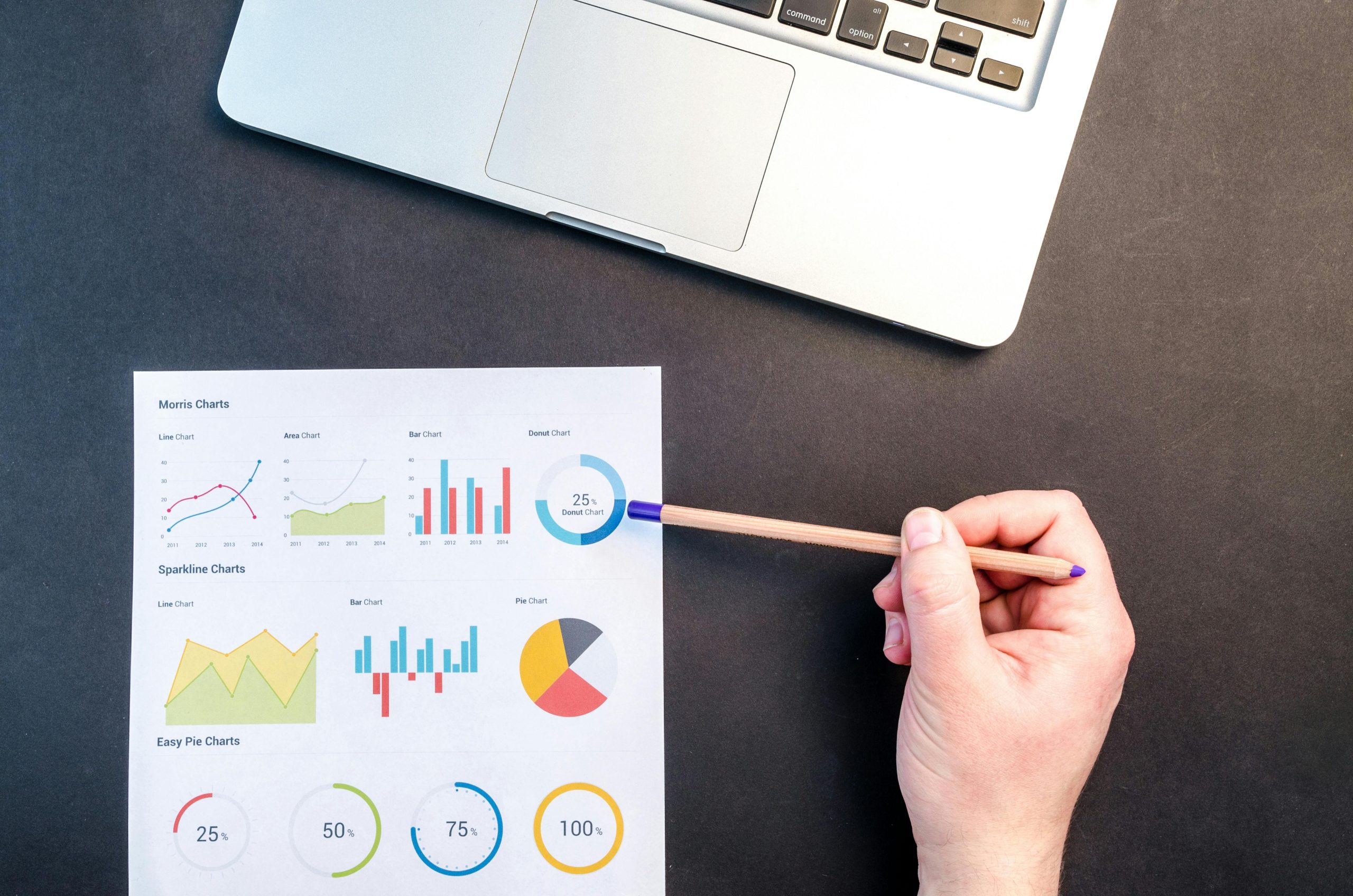One of the most challenging tasks in the auditing profession that could be significantly simplified or removed by AI is the manual review and reconciliation of vast volumes of financial transactions. This process, traditionally fraught with time consumption and error potential, involves painstakingly cross-verifying entries across different financial records and systems to ensure accuracy and completeness.
AI technology, with its capabilities in data analysis and pattern recognition, can automate this reconciliation process by rapidly sifting through enormous datasets and identifying discrepancies or anomalies with high precision. By employing Machine Learning algorithms, AI can learn patterns of normal operation and flag any deviations from these patterns, which might indicate errors or fraud.
Moreover, such automation can significantly reduce the workload on auditors, allowing them to focus on more value-added activities, such as risk assessment and advisory services. This would not only enhance the efficiency and precision of audits but also improve the auditor’s role in influencing business strategy and decision-making. AI-driven systems can continuously learn and adapt to new types of transactions or Accounting standards, thus maintaining the relevant and updated auditing processes.
By eliminating the pain of manual transaction review, AI can redefine the auditing landscape, making the profession more strategic and less transactional. This transformation not only increases operational efficiency but also elevates the auditor’s contribution to organizational success.

No responses yet